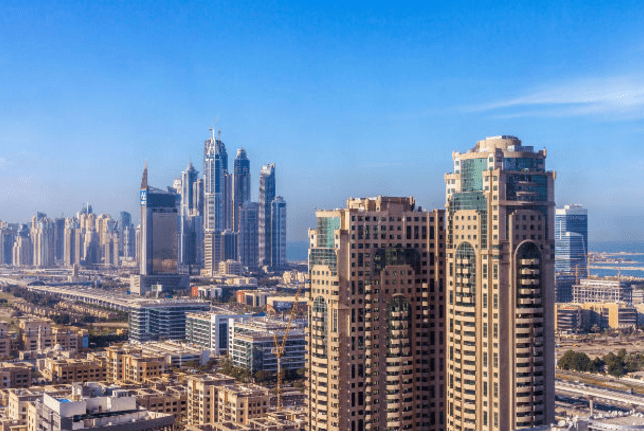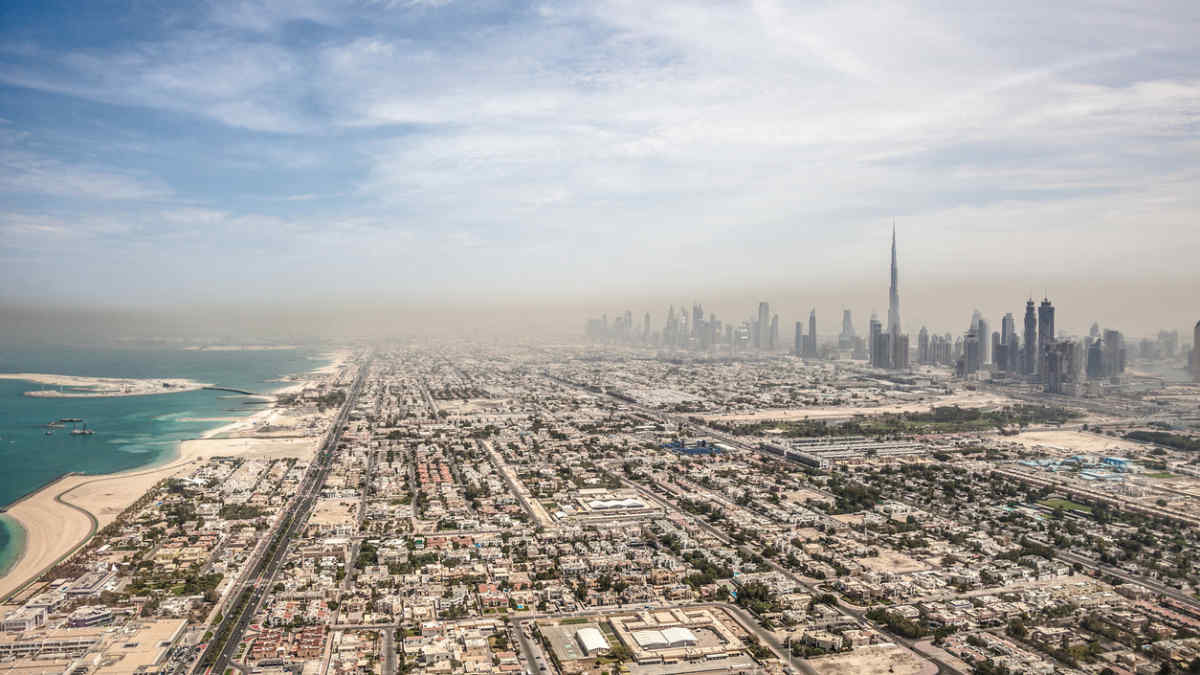
Lack of Affordable Housing in Dubai
How Dubai Can Solve its Lack of Affordable Housing?
For the city to achieve its sustainable development goals and happiness plan and become a smart city is hampered by the absence of affordable homes in Dubai.

In 2002, the city opened its property market to global ownership, attracting investors from over 200 countries. With an expanding working class and a need for increased market stability, a multi-stakeholder strategy is essential.
Housing in Dubai
The city’s reliance on speculators exacerbates Dubai’s affordability dilemma. They pushed up apartment and villa prices by 300 and 500 percent, respectively, between 2003 and 2015, making it impossible to acquire a house. Prospective homeowners and renters have no other choice than to pay more than 41% of their salary on housing because of the lack of inexpensive options.
According to Craig Plumb, Head of Research at JLL, just 20% of all goods are cheap, despite 40% of all demand for affordable housing. As a result, just 30 percent of the population owns a house in the city. In addition, a Gallup study in 2014 found that just 49% of ex-pats were satisfied with their living situation, which is not unexpected given that 56% of ex-pat families pay rent that is out of reach.
Expats who work in low-wage occupations in Dubai are more likely to rent in lower-cost emirates than higher education, leading to more significant social and environmental concerns. 69% of Dubai residents don’t have high school diplomas or college degrees.
The Emaar Council administers government-sponsored rental assistance programs for low-income households in the 1970s. The initiatives, however, were quickly put to an end, too, since houses were being leased at more significant costs owing to abuse. Housing for low-income government workers was made possible in the 1990s by the municipality of Dubai allocating land to several agencies. This, too, fell short of the objectives it set for itself.
Critical activities Expected to Accomplish Moderateness
-
Government vision
The public authority should put lodging at the core of land use arranging. To expand how much reasonable lodging is accessible, the public authority ought to give engineers monetary motivators, for example, inclusionary drafting, land sponsorships, and expense exceptions. Presently, the private area comes up short on the capacity or eagerness to give reasonable homes. Then again, “High-net revenues in the extravagance area have filled the development of very good quality activities. Span the reasonableness hole by settling land supply issues in the suitable districts. An end-all strategy or long haul land-use plan is expected to affect reasonable lodging in Dubai, unequivocally as Singapore did.
It’s the ideal opportunity for the city to reconsider its inventory driven interest model, which neglects neighbourhood interest and focuses on enrolling abroad buyers, a large portion of whom are theorists.
-
Developers
Utilizing benefit-driven land the executives’ programs in the new Dubai real estate, the public authority offers terrains to minuscule designers with little inspiration to make extravagance undertakings to recover the high land costs. The private sector may fill the majority of Dubai’s affordability gap by enacting inclusionary zoning and providing more gross floor space or financial rewards to small developers.
-
Technology
The federal government must promote technological advancement. It should do it cost-effectively to meet its stated 3D printing a quarter of all structures by 2025. The perfect mix of value engineering and industrial construction might lower project costs by 30% and 40% to 50%.
Because 28.9 percent of the population is unmarried, the government should look at ways to encourage more affordable housing arrangements. A smart city’s administration should also explore unleashing citizen solutions like crowdfunding, where residents rather than profit-driven developers may do development and finance.
To sum up, a multistakeholder strategy that incorporates inexpensive supply and demand enhancers while ensuring social and environmental sustainability is the best answer. There must be a long-term strategy for land use in Dubai, with homes for everyone at the top of the list.